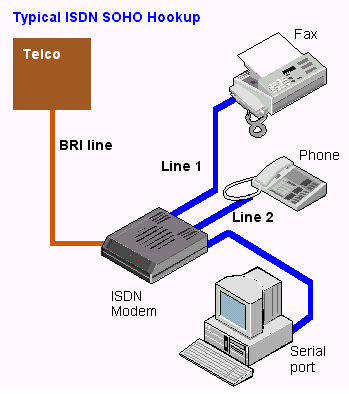The objectives of the NTP 1999 are as under:




- Strive to provide a balance between the provision of universal service to all uncovered areas, including the rural areas, of and the provision high-level services capable of meeting the needs of the country's economy
- Encourage development of telecommunication facilities in remote, hilly and tribal areas of the country;
- Create a modern and efficient telecommunications infrastructure taking into account the convergence of IT, media, telecom and consumer electronics and thereby propel India into becoming an IT superpower;
- Convert PCO's, wherever justified, into Public Teleinfo centres having multimedia capability like ISDN services, remote database access, government and community information systems etc.
- Strengthen research and development efforts in the country and provide an impetus to build world-class manufacturing capabilities
- Achieve efficiency and transparency in spectrum management
- Protect the defence & security interests of the country
- Enable Indian Telecom Companies to become truly global players.

In line with the above objectives, the specific targets that the NTP 1999 seeks to achieve would be:


- Make available telephone on demand by the year 2002 and sustain it thereafter so as to achieve a teledensity of 7 by the year 2005 and 15 by the year 2010
- Encourage development of telecom in rural areas making it more affordable by suitable tariff structure and making rural communication mandatory for all fixed service providers
- Increase rural teledensity from the current level of 0.4 to 4 by the year 2010 and provide reliable transmission media in all rural areas
- Achieve telecom coverage of all villages in the country and provide reliable media to all exchanges by the year 2002
- Provide Internet access to all district head quarters by the year 2000
- Provide high speed data and multimedia capability using technologies including ISDN to all towns with a population greater than 2 lac by the year 2002
 | |||||||
| Teledensity |
| The New Policy Framework must focus on creating an environment, which enables continued attraction of investment in the sector and allows creation of communication infrastructure by leveraging on technological development. Towards this end, the New Policy Framework would look at the telecom service sector as follows
|
